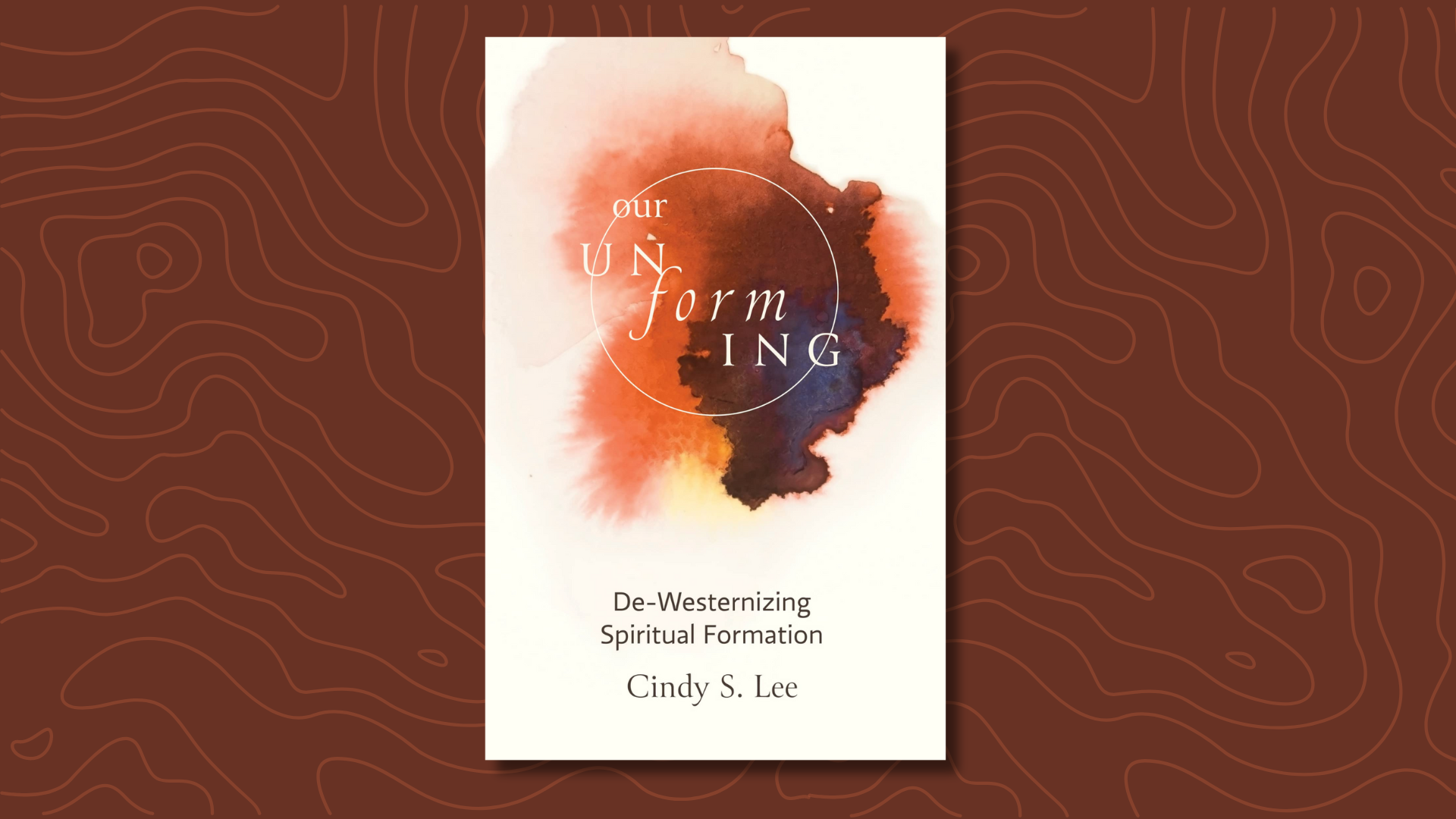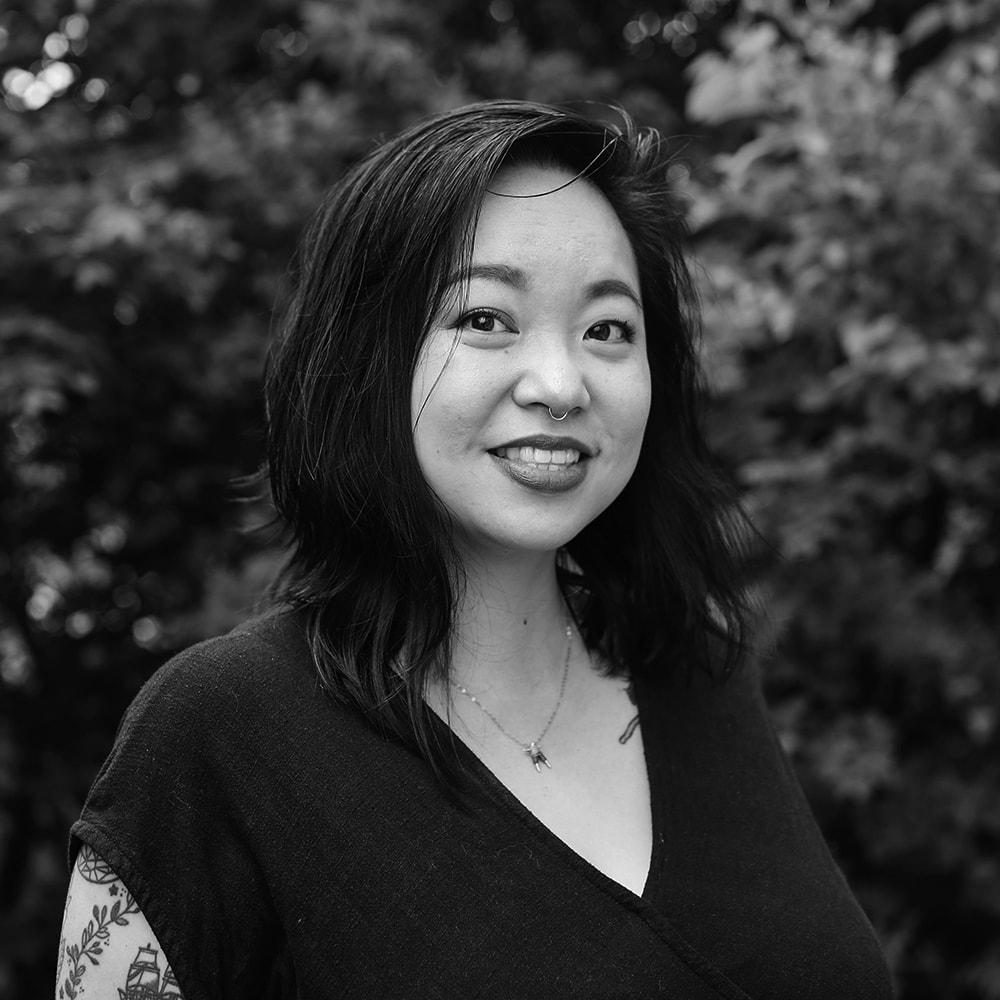Our Unforming
De-Westernizing Spiritual Formation
Cindy S. Lee
Fortress Press, 154 pages
These days it’s popular to talk about how we need to take up space and be unashamed of who we are. Don’t get me wrong, I love the sentiment. It aligns with my longing to live into the fullness of how God designed me (enneagram 4w3—the 3 comes from my Taiwanese roots, IYKYK). I get the concept, but why do things get embarrassing, awkward, or simply a disaster when I try? In other words, how can I as a Taiwanese American woman effectively show up with my full self in predominately white institutions and companies? For Black women, Indigenous people, and migrants who are looking for a place to settle in North America—what does it look like to fully show up?
And what does it look like when minimizing who you really are is what got you here? What if your ability to minimize yourself is how you survive? Is showing up fully an impossible ideal?
Cindy S. Lee is a spiritual director and aspiring mystic who is proudly Taiwanese American. Her book, Our Unforming, was a proverbial cool wind for me and helped me make connections between things I felt in my gut but hadn’t fully named. Lee frames spiritual formation as human formation, as a profound journey of inner exploration, connection with the divine, and embracing one’s authentic self in harmony with the complexities of the world. Spiritual practices help us to “unform” the clutter and distractions that keep us from experiencing the sacred, while “reforming” creates, as Walter Brueggemann calls it, the prophetic imagination.
We need a spirituality that is not detached from reality but takes seriously the injustices and disparities of our societies. We also need to be re-formed in order to discover the sacred in one another.
In this book, Lee seeks to “untangle and de-westernize the ways my soul has been distorted by the disproportionate influence of Western authority in the church.” Christian spiritual traditions have a rich history, but I was only introduced to spiritual direction a few years ago when I was learning about the Covenant. The reality is that most of spiritual formation, as we currently understand it, is formed by the dominant Western cultural traditions. For BIPOC communities, the notion of “unforming” holds equal importance with “forming.” Past practices, actions, and teachings need to be unlearned so we can reclaim our identities and heal from the influence of patriarchy and colonization ingrained in our bodies and habits.
As Lee emphasizes at the beginning of the book, she writes as a spiritual director. And as a good spiritual director, she offers invitations to go deeper. We hear from Randy Woodley, Cherokee theologian; Ada Maria Isasi-Diaz, Cuban American theologian; and many others who add new facets to how we surrender to the transformational work of the Holy Spirit while growing in awareness of God’s movements within and around us. For those who are tired of “just getting by” and are asking God if there is another way, I hope this book will help plant seeds that help expand your imagination of who God is.














